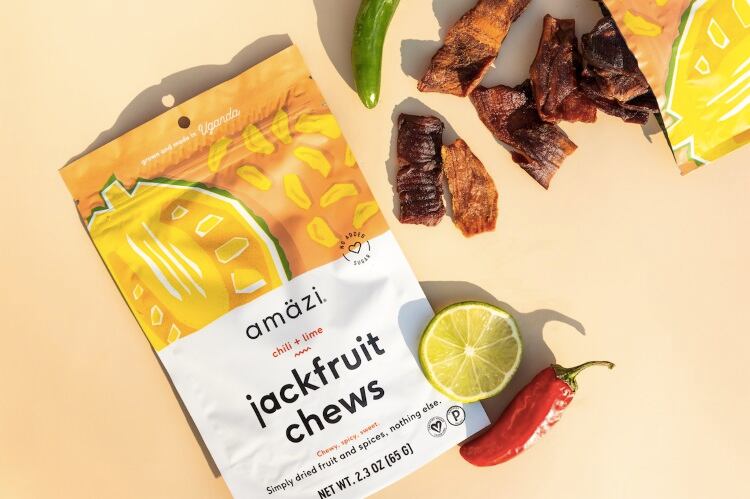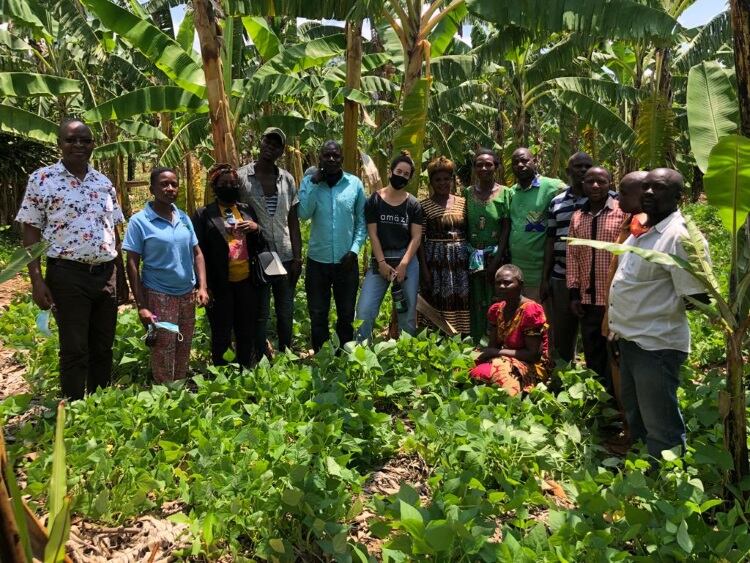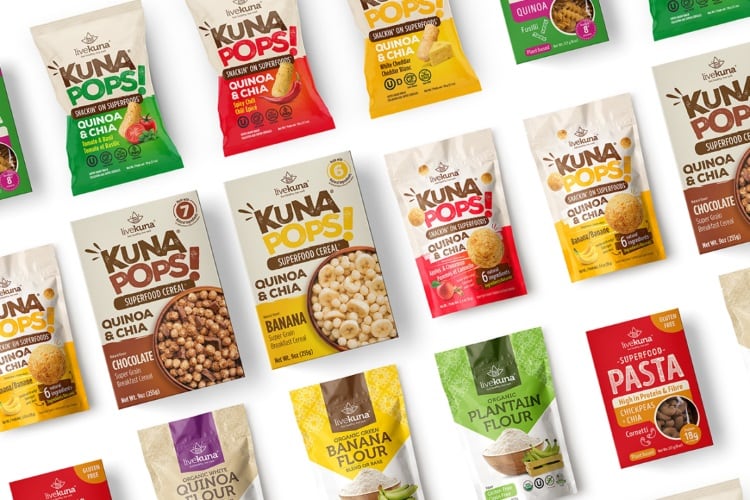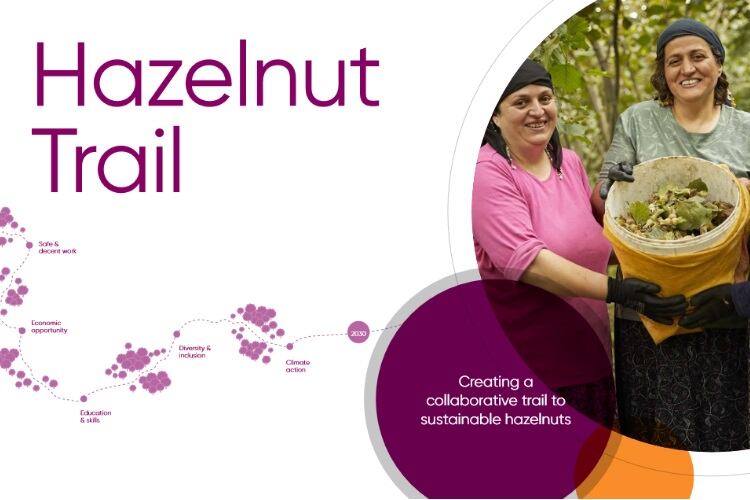Founded by Renee Dunn in April 2016, Amazi partners directly with farmers and small businesses in Uganda to create vegan snacks made simply from exotic tropical fruits and spices.
Certified Paleo and naturally gluten-free, the treats are free from soy, nuts, grains and dairy, along with additives, preservatives, added sugars and hydrogenated oils.
Its jackfruit chews are sticky, chewy, sweet bites packed with antioxidants and fibre and described as a ‘cross between apple, banana, mango and pineapple’, available in Ginger Lime, Ginger Turmeric and Chili Lime variants. Amazi’s plantain chips are dried and roasted in coconut oil or olive oil, then salted or chili spiced.

Economic sustainability
Beyond providing a guilt-free satisfaction though, the plant-based snacks serve as a means to create a more sustainable and equitable supply chain.
American-born Dunn first discovered Uganda’s bounty of jackfruit, plantains, papaya and other fruits while completing her thesis research in the country. She returned a few years later to start Amazi Foods to share these flavours with American consumers, while contributing towards the economy of one of the world’s poorest nations.
While the Washington, DC-based company’s plantain chips and jackfruit bites are sold in more than 700 outlets across the US, the entire production process is kept in the country where the ingredients are grown. This has encouraged local food manufacturing and job creation, and is also opening a gateway to a global marketplace that is typically out of reach for many producers from developing countries.
Amazi has created more than 150 jobs since founding, with the majority of its workforce being younger than 30 years old to address youth unemployment in the area. As a female-owned and operated company, Amazi is also naturally focused on empowering local women, and 70% of its employees are females.
“I think the idea of creating more equity in our supply chains is important,” said Dunn.
“We talk a lot about sustainability, especially as it pertains to the environment. People don’t talk as much about economic sustainability. For me, that’s a huge focus and part of why I started the business.”
Incredible shift
She added the fruit for the snacks is sourced directly from smallholders, and a quarter of all revenue from the company’s purchase orders goes back to the farmers, allowing for a premium of more than 300% over local commodity prices. In fact, Amazi is projected to contribute more than $13m to the Uganda economy over the next four years.

Like many other startups, the company had to rapidly re-strategise to enduring the challenges thrown up by COVID, both in the US and in Africa. To protect workers during the pandemic, it implemented regular COVID-19 testing and provided treatment kits, along with paid leave and bundles of food staples for its workforce during lockdown periods.
“It was sort of chaos to get it up and going, but now it’s an incredible shift for us, and we were so grateful we got this set up before the pandemic because I think if we were still with our original partners, we would be out of business through the pandemic,” said Dunn.
Amazi also partnered with snack subscription boxes and online grocery retailers such as SnackMagic and Misfits Market to launch digital sampling programmes and virtual ordering to navigate the new COVID-driven purchasing landscape.
We chat to Dunn to find out her love for the African country and her push to share its unique ingredients with a wider audience.





